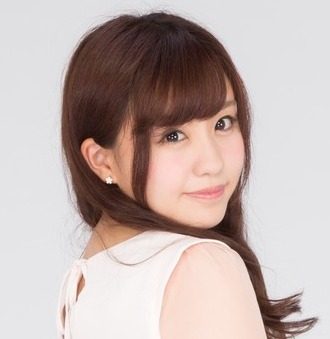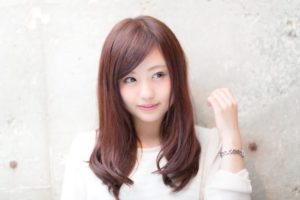Antonym:おとな (otona) vs. こども (kodomo)
What is the difference between “おとな(otona) and こども(kodomo)”? Which is used as the meaning of “child”? After reading this, you would be answering this question. Let me introduce what their subtle differences are and how you correctly use them such as native speakers today!
おとな (otona)
Adult, Mature / 成人 / 어른 / Người lớn
“おとな(otona)” means “Adult and Mature” and which has been used as the meaning of “a person or animal that has grown to full size and strength”. The basic ways to use it are that “___は/がおとなだ。(___ is an adult.)”, etc. For instance, “彼はおとなだ。(He is an adult.)”, “彼女はおとなだ。(She is an adult.)”, etc. Everyone could use “おとな” as casual, polite and formal such as “彼はおとなだよ。(He is an adult.)” as casual and “彼はおとなです。(He is an adult.)” as polite and formal. Kanji of “おとな” is “大人“.
\ Learn Japanese language online with a personal native teacher!/
Sample
すごく大人っぽいね! (You look mature for your age!) (他看起来很成熟!) (굉장히 어른스럽네!) (Ra vẻ người lớn rồi đấy nhỉ.)


背が伸びて大人になりましたね。 (You are so tall and mature.) (你现在已经长高,成为一名大人了。) (키가 자라 어른스럽게 되었네요.) (Người cao lên thành người lớn rồi đấy nhỉ.)


大人でもそれを楽しめます。 (Even the adults will enjoy it.) (成年人也可以享受。) (성인도 그것을 즐길 수 있습니다.) (Ngay cả người lớn cũng có thể thưởng thức cái đó.)


大人になった後、野菜が好きになったよ。 (I started to like vegetables when I was an adult.) (成年后,我开始喜欢吃蔬菜了。) (어른이 된 후 채소를 좋아하게 되었어.) (Sau khi trưởng thành, tôi bắt đầu thích ăn rau củ.)
こども (kodomo)
Child / 孩子 / 아이 / Trẻ em
“こども(kodomo)” means “Child” and which has been used as the meaning of “a boy or girl from the time of birth until he or she is an adult, or a son or daughter of any age”. The basic ways to use it are that “___は/がこどもだ。(___ is a child.)”, etc. For instance, “彼はこどもだ。(He is a child.)”, “彼女はこどもだ。(She is a child.)”, etc. Everyone could use “こども” as casual, polite and formal such as “彼はこどもだよ。(He is a child.)” as casual and “彼はこどもです。(He is a child.)” as polite and formal. Kanji of “こども” is “子供“.
Sample


子供っぽいね。 (You’re childish.) (他看起来像个孩子。) (아이같네.) (Trông như một đứa trẻ.)


子供たちに野球を教えています。 (I teach baseball to children.) (我在教小孩子打棒球。) (아이들에게 야구를 가르치고 있습니다.) (Tôi đang dạy mấy đứa trẻ em chơi bóng chày.)


子供の頃から日本語が話せるようになりたかったです。 (Since I was a child, I wanted to speak Japanese.) (我从小就想学习说日语。) (어릴 때부터 일본어를 말할 수 있길 바랐습니다.) (Từ khi còn là một đứa trẻ tôi đã muốn có thể nói chuyện bằng tiếng Nhật.)


子供のころは野菜が好きじゃなかったけど、大人になるにつれて好きになったよ。 (When I was a child, I did not like vegetables but only started liking them as I grew older.) (我小时候不喜欢蔬菜,但成年之后反倒喜欢了。) (어릴 때는 채소를 좋아하지 않았지만, 어른이 되면서 좋아하게 되었어.) (Lúc còn nhỏ tôi không hề thích ăn rau củ, nhưng mà sau khi trưởng thành tôi đã trở nên thích chúng.)
\ Learn more! /









Comments